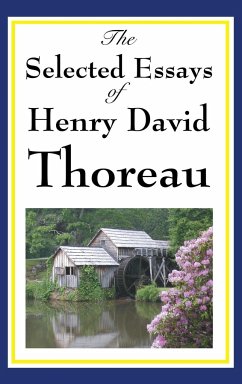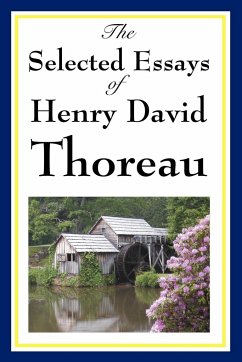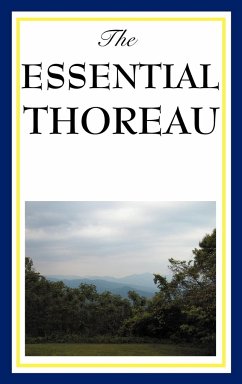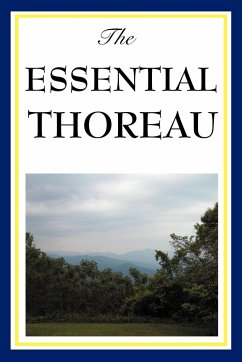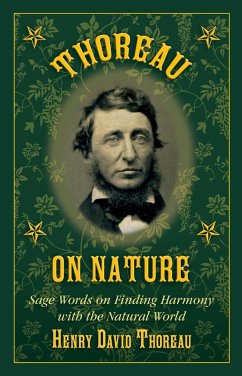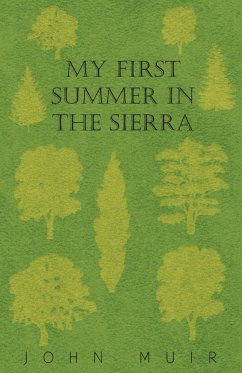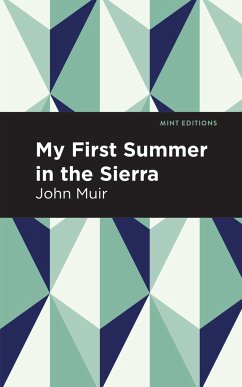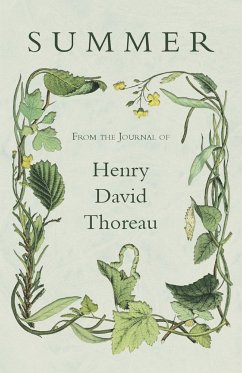
Summer - From the Journal of Henry David Thoreau
Versandkostenfrei!
Versandfertig in 1-2 Wochen
32,99 €
inkl. MwSt.

PAYBACK Punkte
16 °P sammeln!
First published in 1884, Summer - From the Journals of Henry David Thoreau is a charming volume of Thoreau's observations during the American summertime between the years of 1841 and 1859. Full of enchanting descriptions, this enthusiastic volume spans the months of June and July, with daily entries illustrating Thoreau's experiences with the natural landscape over the 20 years they were collected. Highly evocative of the experience of summertime in nature, this selection of journal entries paint a beautiful picture of the sights and sounds of summer in New England, America, during the mid-19t...
First published in 1884, Summer - From the Journals of Henry David Thoreau is a charming volume of Thoreau's observations during the American summertime between the years of 1841 and 1859. Full of enchanting descriptions, this enthusiastic volume spans the months of June and July, with daily entries illustrating Thoreau's experiences with the natural landscape over the 20 years they were collected. Highly evocative of the experience of summertime in nature, this selection of journal entries paint a beautiful picture of the sights and sounds of summer in New England, America, during the mid-19th century. Henry David Thoreau was an American naturalist, essayist, philosopher and poet. He was a leading transcendentalist, best known for his reflections on simple living within nature - explored in his landmark work, Walden. He was a prolific writer, penning over 20 volumes of work in his lifetime. Republished by Read & Co. Books, this remarkable volume of Thoreau's summertime observations is an essential read for fans of his work and those interested in American naturalist writing from the late 19th century.



